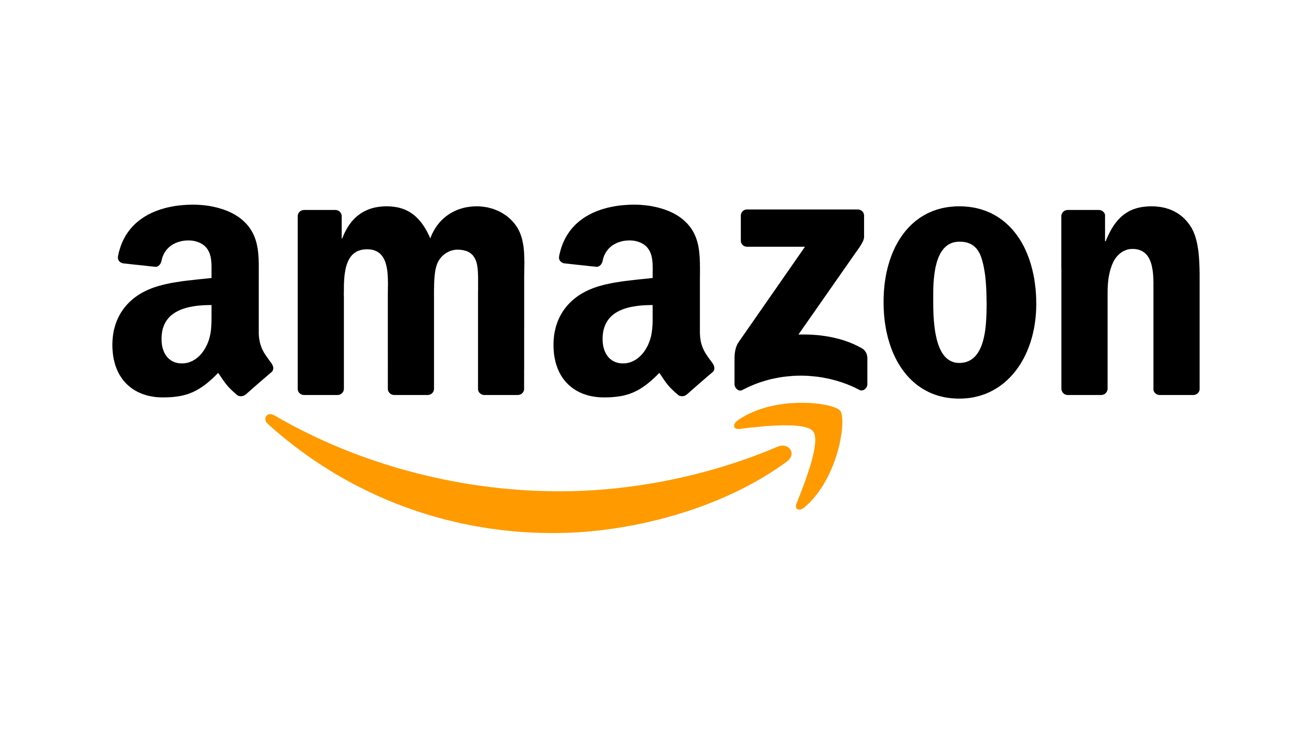Amazon layoffs much worse than expected, will hit 18,000
Once layoffs are complete in the coming weeks, Amazon will have laid off more than 5% of its workforce to make investors feel better about earnings.

Amazon layoffs to reach 18,000 employees total
Tech companies are consolidating their workforce after a tough year in 2022. Apple announced it would slow its hiring, while Amazon has begun laying off large numbers of employees.
An earlier report said that layoffs would reach around 10,000 employees by the time Amazon was done. However, a new report by the Wall Street Journal, citing Amazon itself, says that total is set to exceed 18,000 in the coming weeks.
Amazon was among many companies to grow its workforce as a result of Covid-19. Demand for online shopping rose throughout 2020 and 2021, so Amazon doubled its logistics network and hired hundreds of thousands of employees.
As the world opened back up and in-person work and shopping resumed, Amazon felt the pressure. It started by cutting back on spending, freezing hiring, and ultimately deciding on layoffs. Amazon's 18,000 laid-off employees will represent the highest number of people let go by a tech company in recent months.
Employees targeted by the layoffs included those in the devices business, recruiting, and retail operations. It will result in a 5% overall reduction in corporate staff at Amazon.
So far, Wall Street is not impressed. The consensus is that the cuts do not go far enough, and Amazon needs to further trim costs.
AppleInsider will be covering the 2023 Consumer Electronics Show in person on January 2 through January 8 where we're expecting Wi-Fi 6e devices, HomeKit, Apple accessories, 8K monitors and more. Keep up with our coverage by downloading the AppleInsider app, and follow us on YouTube, Twitter @appleinsider and Facebook for live, late-breaking coverage. You can also check out our official Instagram account for exclusive photos throughout the event.
Read on AppleInsider

Amazon layoffs to reach 18,000 employees total
Tech companies are consolidating their workforce after a tough year in 2022. Apple announced it would slow its hiring, while Amazon has begun laying off large numbers of employees.
An earlier report said that layoffs would reach around 10,000 employees by the time Amazon was done. However, a new report by the Wall Street Journal, citing Amazon itself, says that total is set to exceed 18,000 in the coming weeks.
Amazon was among many companies to grow its workforce as a result of Covid-19. Demand for online shopping rose throughout 2020 and 2021, so Amazon doubled its logistics network and hired hundreds of thousands of employees.
As the world opened back up and in-person work and shopping resumed, Amazon felt the pressure. It started by cutting back on spending, freezing hiring, and ultimately deciding on layoffs. Amazon's 18,000 laid-off employees will represent the highest number of people let go by a tech company in recent months.
Employees targeted by the layoffs included those in the devices business, recruiting, and retail operations. It will result in a 5% overall reduction in corporate staff at Amazon.
So far, Wall Street is not impressed. The consensus is that the cuts do not go far enough, and Amazon needs to further trim costs.
AppleInsider will be covering the 2023 Consumer Electronics Show in person on January 2 through January 8 where we're expecting Wi-Fi 6e devices, HomeKit, Apple accessories, 8K monitors and more. Keep up with our coverage by downloading the AppleInsider app, and follow us on YouTube, Twitter @appleinsider and Facebook for live, late-breaking coverage. You can also check out our official Instagram account for exclusive photos throughout the event.
Read on AppleInsider

Comments
My problem with it is that it's largely a self-fulfilling prophecy.
Instead on cutting other costs or--heaven forbid--taking a minor short-term hit on profitability, at the first hint of trouble hundreds of companies rush to fire thousands to tens-of-thousands of employees who now, of course, aren't making an income, which means that they in turn cut their spending, which ends up cutting into company revenues...
And so the downward spiral perpetuates...
There’s a vary famous story of Henry Ford who decided to dramatically raise the wages he was paying the people in his factories. The result was that they took the extra income and bought Ford cars. Profits soared. Well as you pointed out it works both ways. I’m old enough to remember the job cuts in the ‘70s, which degraded the economy, which led to lower profits, which let to more job cuts, and we ended up in a real mess by ‘77-‘80. The cycle works just like you said.
But heaven forbid Bezos cut his d*** shaped rocket, or other vanity projects.
something is rigged
Besides, there must be a new island that he wants to buy and create the Kingdom of Bezos the Almighty
{This post is intended to be sarcastic.)
And remember, GDP dropped by 29% in Q2 2020 before going up by 35% in Q3 2020. That was followed by 5 straight positive growth quarters and then two negative growth quarters (-1.6%, -0.6%) and most recently a positive growth quarter of 3.2%. How does someone look at that and come to the conclusion that stimulus spending was too high?
>University of Michigan economist Justin Wolfers says corporate greed is a red herring and companies are not the source of inflation.
"My friend and economist Jason Furman says, 'Blaming inflation on greed is like blaming a plane crash on gravity,'" says Wolfers. "It is technically correct, but it entirely misses the point."<